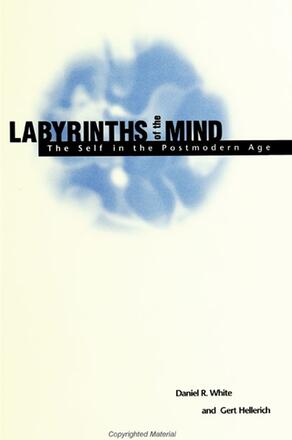
Labyrinths of the Mind
The Self in the Postmodern Age
Alternative formats available from:
Applies postmodern theory to the working assumptions and consequent practices of therapy in various disciplines, from clinical psychology to schooling.
Description
Labyrinths of the Mind critically engages and creatively transforms the patterns of postmodern culture. It envisions strategies of self-discovery emerging in our era as a labyrinth, whose design evolves as we explore it. Nietzsche serves as our guide throughout the book as we wander the shopping mall, travel on an odyssey with Franz Kafka, critically explore the disorders of psychiatry and psychotherapy, attend a Nine Inch Nails concert during the Gulf War, wake on a medical examination table, and contemplate ourselves in the mirror of the biosphere.
Daniel R. White is Associate Professor of Philosophy at the University of Central Florida. He is the author of Postmodern Ecology: Communication, Evolution, and Play, also published by SUNY Press. Gert Hellerich is Professor of Philosophy at the University of Bremen, Germany. He has published two books in Germany on social and postmodern issues.
Reviews
"Labyrinths of the Mind traces the archaeology of 'the self' within the context of shifts in communication and culture and breakdowns in modernist institutions. Drawing on Lacan, Foucault, Kafka, Kristeva, Bateson, and, especially, Nietzsche, its central move is to open up ideas of self-formation, what it terms, in its central metaphor, 'the postmodern labyrinth of the self. ' At the heart of the book is a critique of the human sciences for what Foucault has termed its 'technologies of control. ' Situating postmodernism as 'a radically enlightened diversity of movements,' the authors explore the effects of this decentralization on the 'self. ' Their particular interest is to move the fields of psychology, psychiatry, and therapy in postmodern directions. White and Hellerich offer a masterful discussion of Nietzsche's seeming contradictions in his revaluations of consciousness and will, reason and truth. " — Patti Lather, Ohio State University
"This book is full of provocative flashes of brilliance, of odd juxtapositions of various authors, ideas, outcomes. " — Mary Gergen, Pennsylvania State University